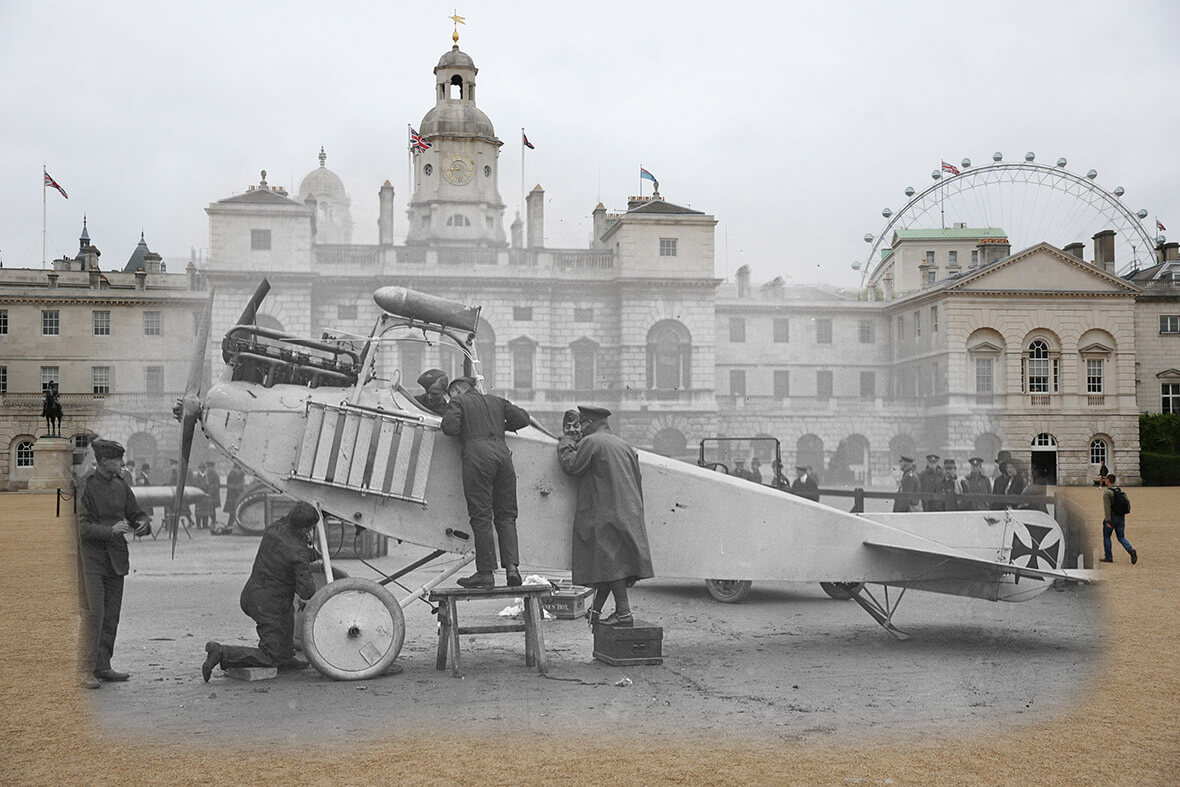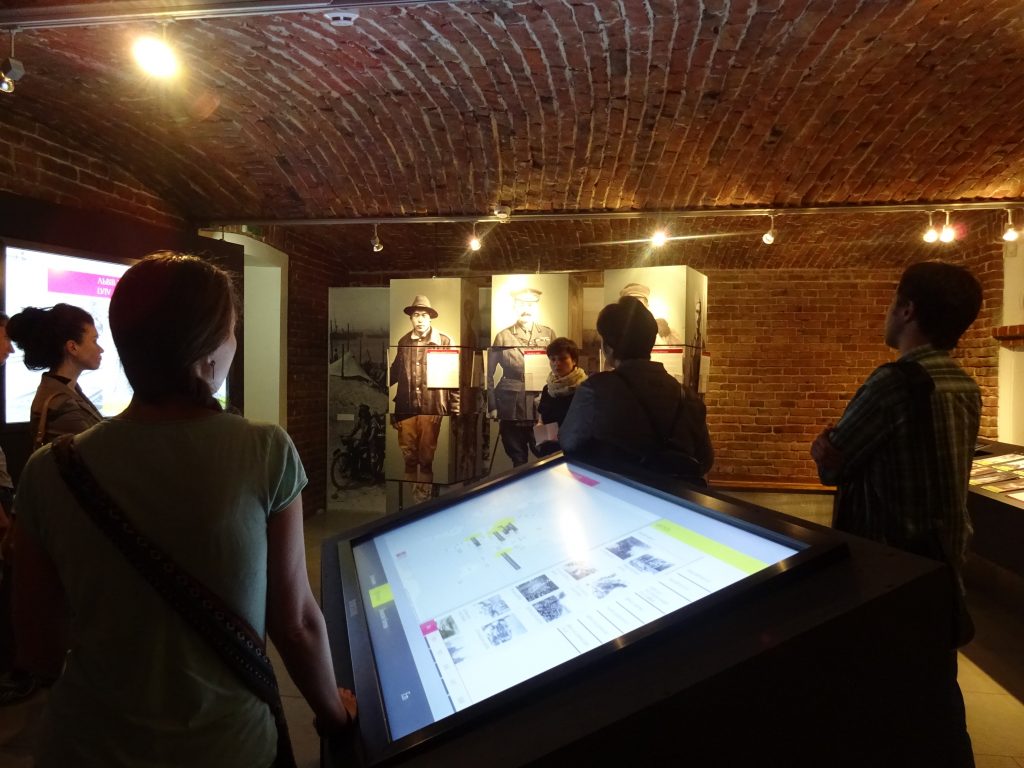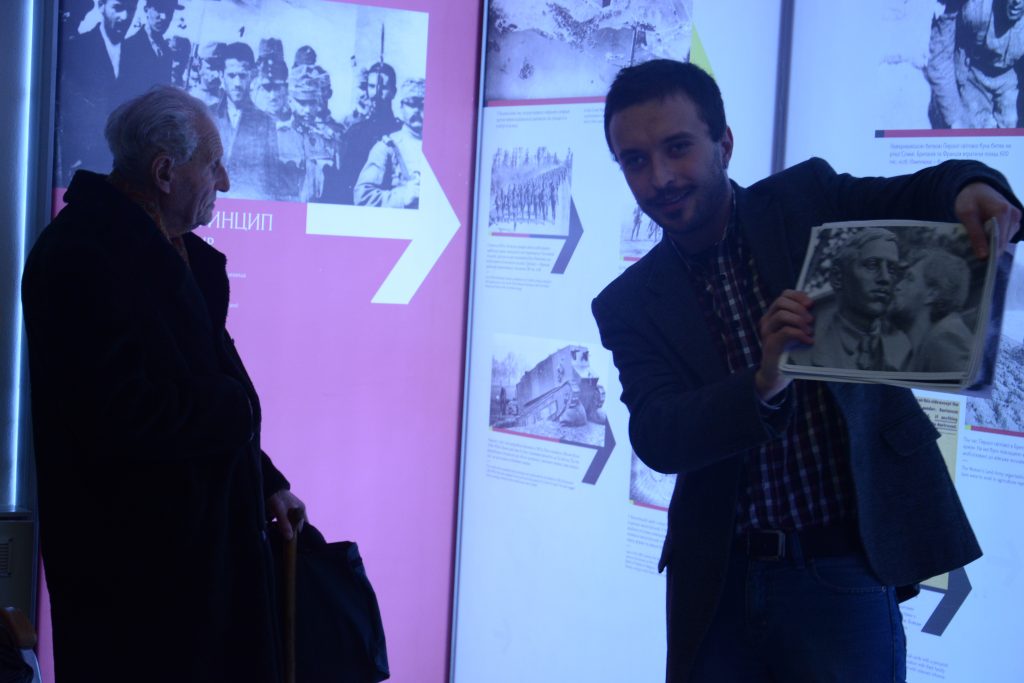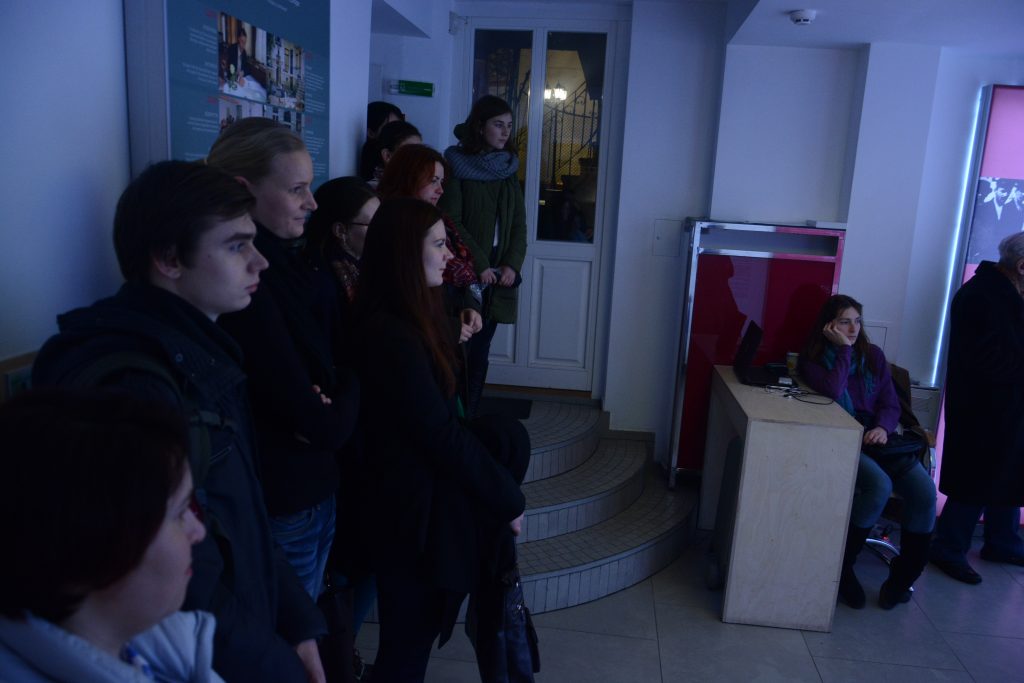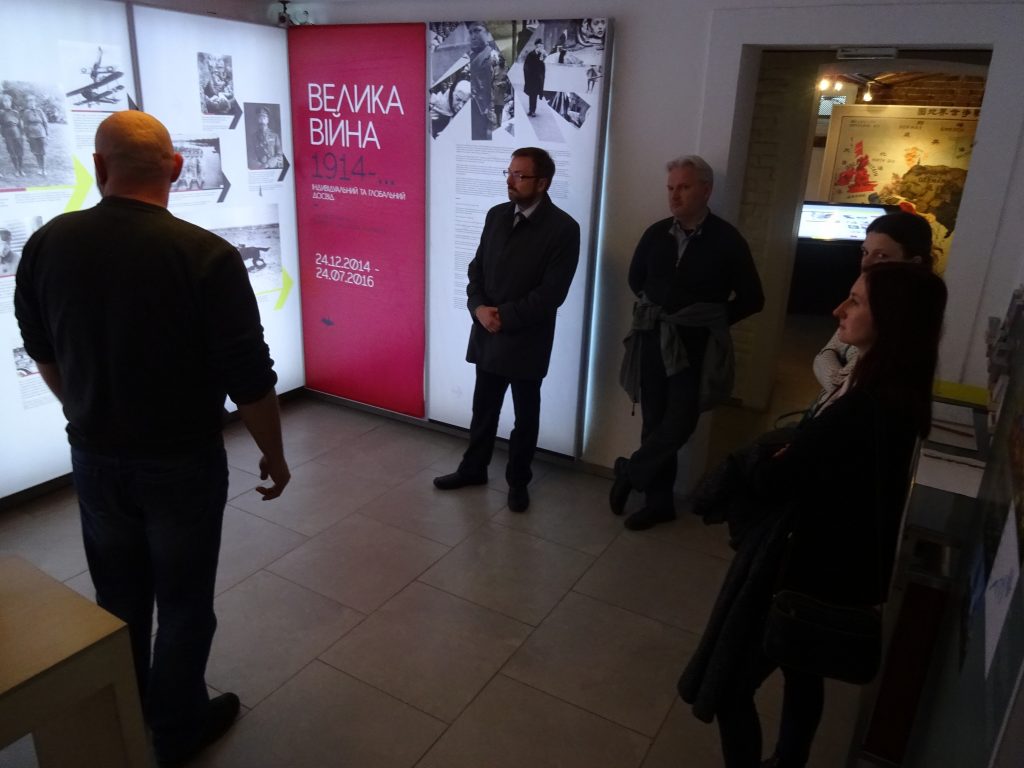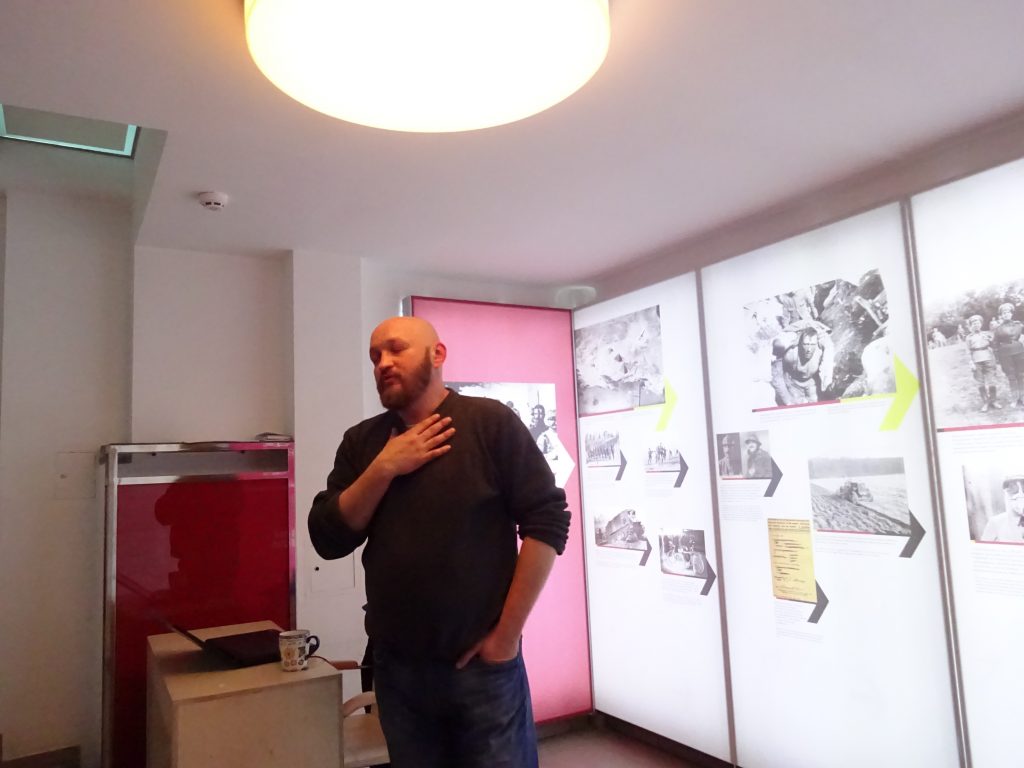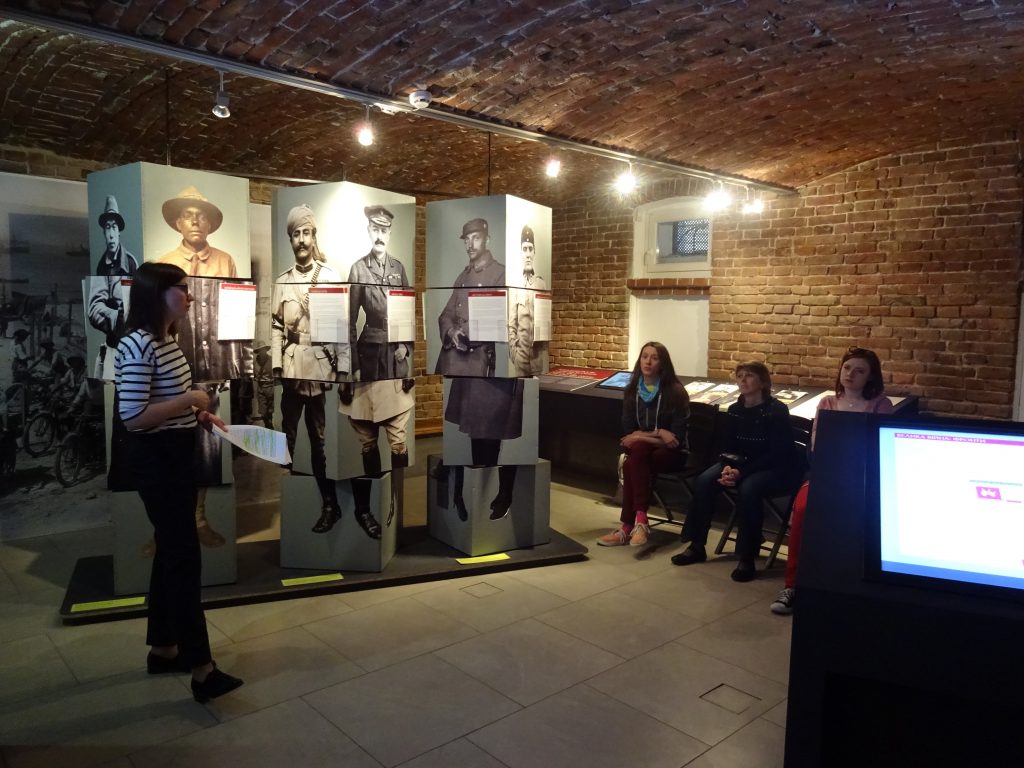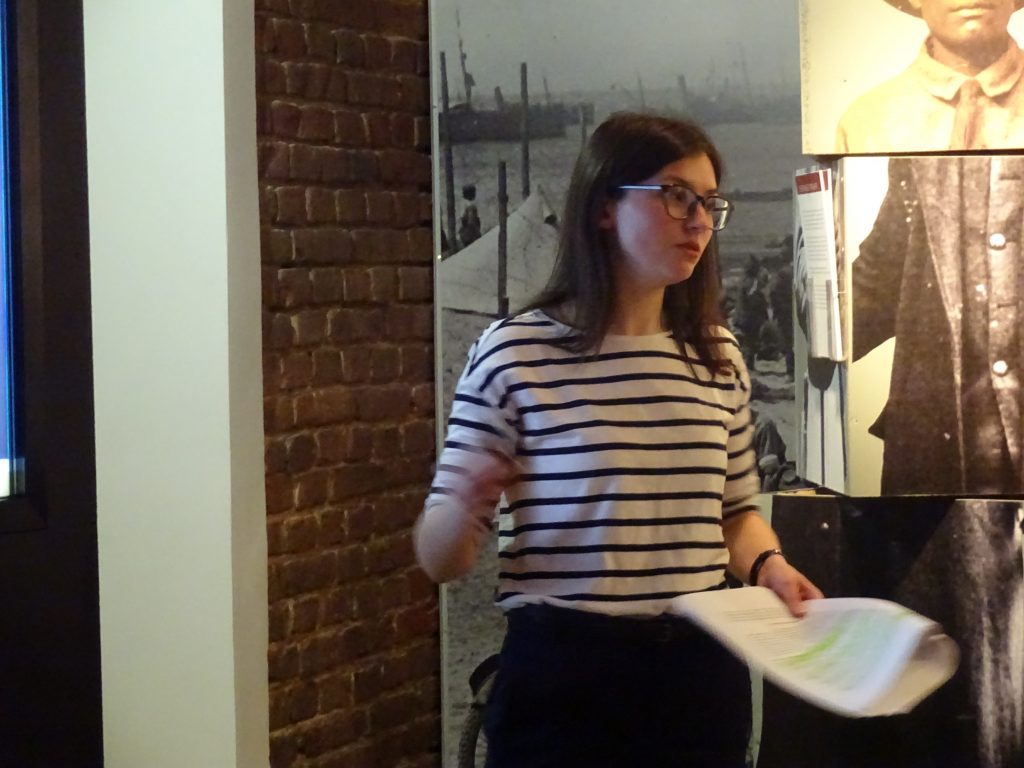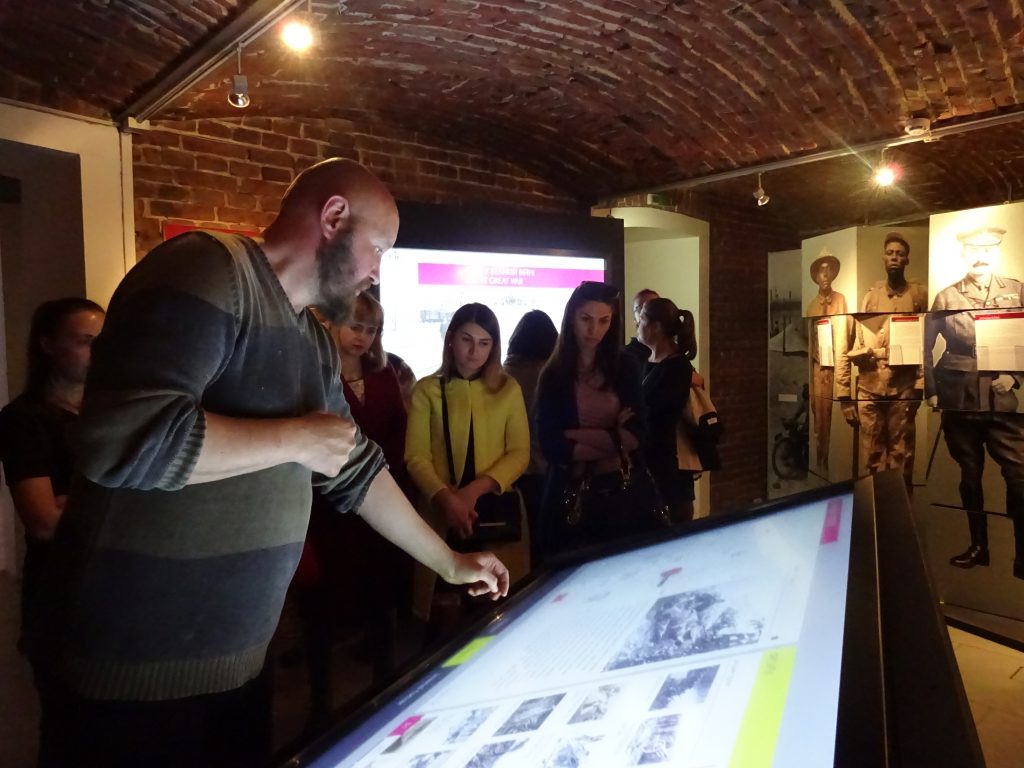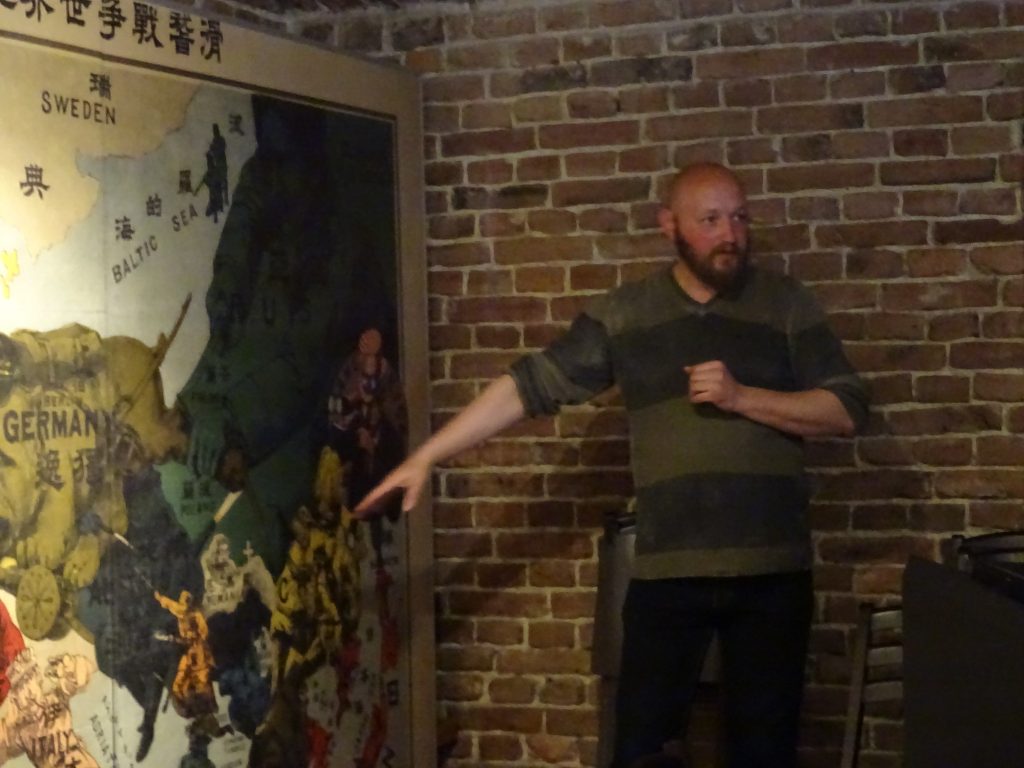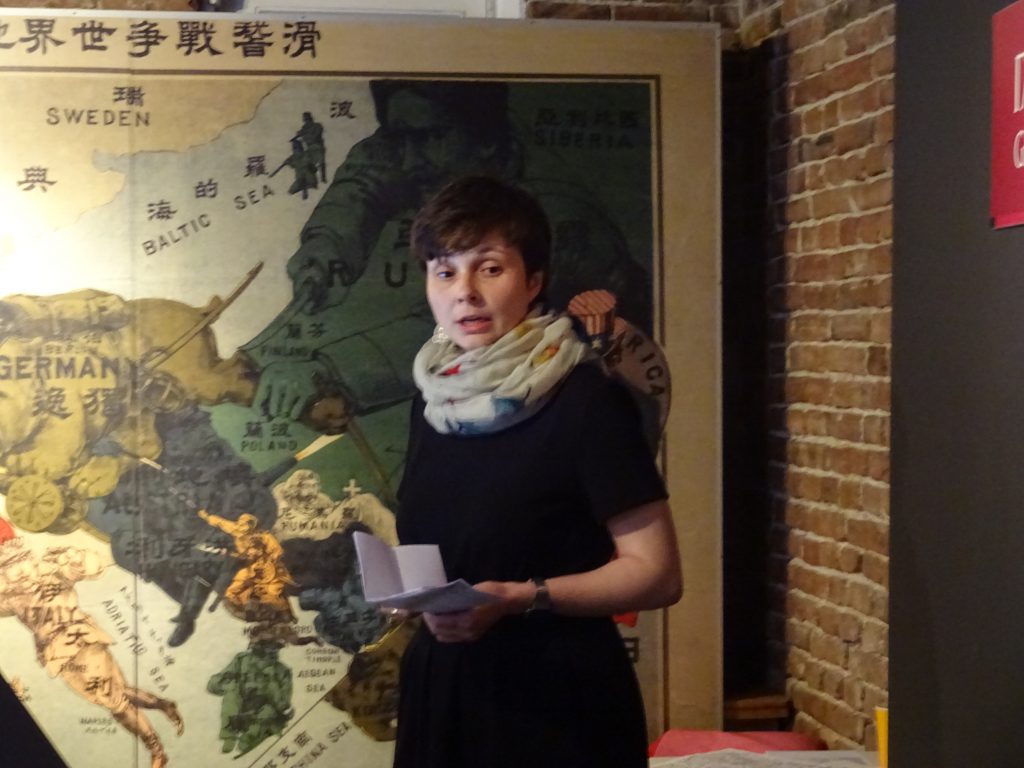Author excursions along the exhibition "The Great War 1914 - ... Individual and Global Experience"
27 січня - 11 травня 2016
All excursions are free of charge.
-
Yevgen Polyakov
will conduct an author excursion “Photographer Soldiers: The Great War Filmed”. During the meeting, you will be able to view military and civilian photographs of World War I and hear the stories of the people depicted.
The press announced cash awards for the field photos because they showed a picture of war that was different from official front-line coverage. To prevent the spread of demoralization among the population, the British command decided to ban amateur shooting on the front lines. On March 16, 1915, the military tribunal became the punishment for this. Only the official state photographer was granted the right to photograph. By the end of the war, British soldiers and officers who continued to shoot did so illegally.
-
Oleksandr Losev
will conduct an author excursion “First World War in the Context of Prisoners and Hostages” and will direct attention to the resources available for mobilizing participants of the Great War, specifically on how many people joined the military. From this perspective, the historian analyzes battles, their scale, and theatres of conflict.
Considering the focus of “Prisoners and Hostages,” the researcher will talk not only about their falling into captivity, and the number of prisoners of war (POWs) of various participating armies had, but also about how POW camps were organized, and what legal foundations contributed (or not) to their functioning. Olexander Losev will discuss the situation of POWs, in different countries, during different stages of the war and their post-war problems of getting back home.
-
Vasyl Rasevych
will conduct an author excursion “The Great War: Imperial and National”. In 1914, it seemed that almost everyone wanted a war – the world hung by a thread. Most hopes were also for war. Someone wanted to point out their fierce rivals to their “true” place, someone wanted to “fix” the borders, and someone needed to distract society from internal problems.
Patriotic euphoria prevailed in the imperial capitals. But almost no one noticed that the patriotism of the imperial nation and the non-state peoples set themselves opposite goals. The multinational empires that were swollen with nationalism were about to crumble and disperse into small nation-states. Some empires tried to modernize and defend themselves against nationalism, democratizing monarchies, or trying to transform themselves into new state entities on an internationalist basis.
-
Oleksandr Losev
will conduct an author excursion “Austro-Hungary and Russia: Plans for Galicia during the Great War” and will concentrate not only on the main battles which took place in Galicia during the First World War, but also analyse events in this region which led up to the massive conflict. The focus will be on the military-political situation in Galicia prior to 1915.
A separate point of the excursion will be the 1915 battle for Galicia. The historian lectured on it’s intentions, progress and consequences.
-
Dr. Oksana Dudko
will conduct an author excursion “Future of the Past: the Historian’s Responsibility” and will focus on how to include all aspects of a topic during an exhibition while remaining objective.
How does one present a large volume of material in an understandable format? How does one choose sources? How should war be represented in a country which is currently at war? How can wide-ranging topics be displayed in the limited space of an exhibition? How does one cooperate with designers, exhibit architects, and programmers? Visitors will receive the answers to these and other questions during the excursion.
Oksana Dudko, will also discuss what an exhibition curator’s realm of responsibility is, accenting on the moral and ethical challenges which are placed before war exhibit curators. A separate portion of the meeting will be dedicated to discussing what happens behind the scenes of an exhibition, that is, about how to work with ideas and meet deadlines.
